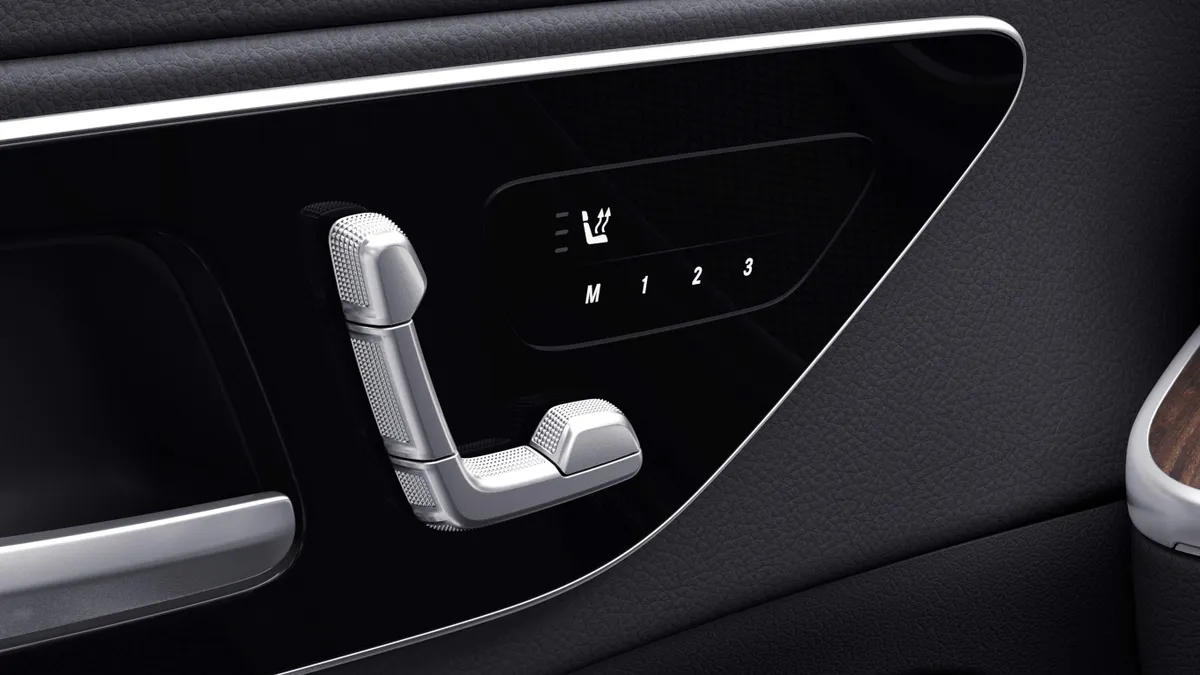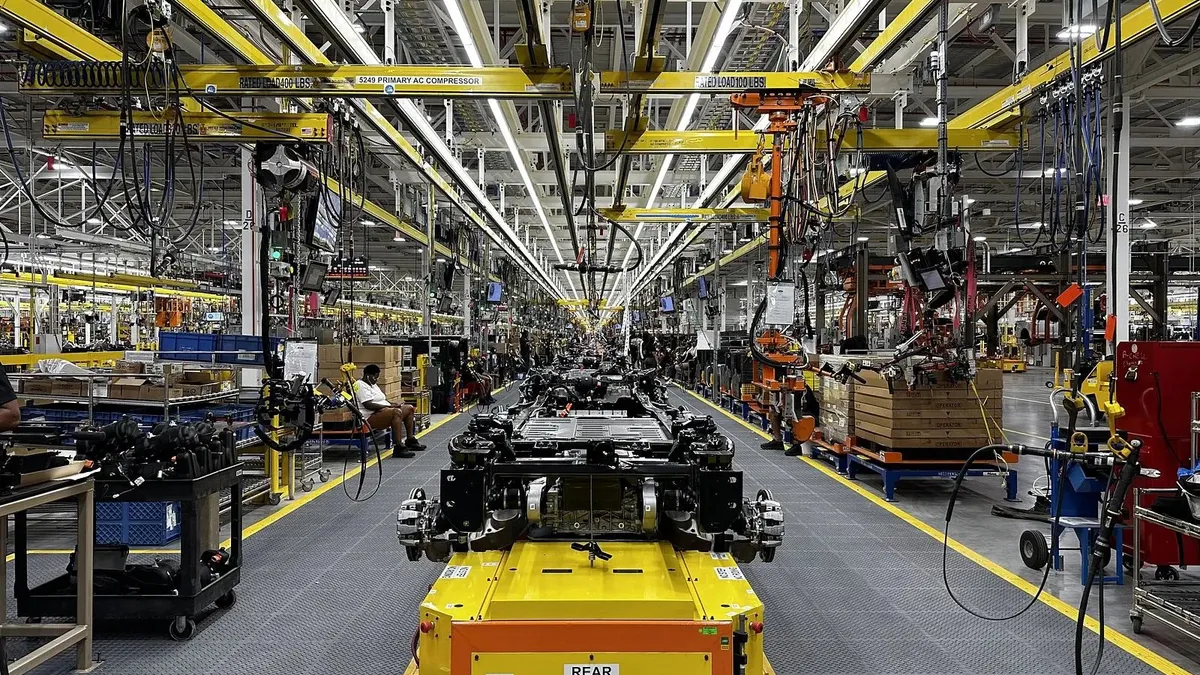Dive Brief:
- Mass-market automotive brands are significantly behind premium brands when it comes to memory seat technology, according to a J.D. Power survey earlier this month.
- Automakers can boost customer satisfaction by offering power seats with memory in their vehicles, J.D. Power said.
- The study found that cars equipped with manual seats create more problems than power seats.
Dive Insight:
J.D. Power collected model-level information on specific seat and seat belt systems on every model sold in the U.S. The data serves as a benchmarking tool for suppliers and automakers to identify strengths and weaknesses in seat options, the company said.
“Since mass market vehicles typically follow the trends of premium vehicles, mass market brands have the ability to benchmark what premium brands do well and, as the automotive industry continues to innovate, this is an opportunity to deliver seat features in a more intuitive, less problematic way,” Ashley Edgar, senior director of automotive supplier benchmarking and alternative mobility at J.D. Power, said in a statement.
In 2019, Consumer Reports noted that a power driver’s seat is one of the “nice-to-have convenience features” for new cars. Power seats, for example, allow drivers to dial in a more comfortable position than is possible with most manual seats. Seats equipped with lumbar adjustments provide even better back support and make long-distance driving more comfortable and reduce fatigue, according to Consumer Reports.
In February, Consumer Reports compiled a list of cars and SUVs with the most comfortable front seats for its subscribers. Among the criteria was how well a seat provides thigh, torso and lumbar support, and whether there was enough adjustability for drivers.
J.D. Power’s 2023 Seat Quality and Satisfaction Study was based on responses from over 93,000 lessees of new 2023 model-year vehicles after 90 days of ownership. The responses were collected February through March.












